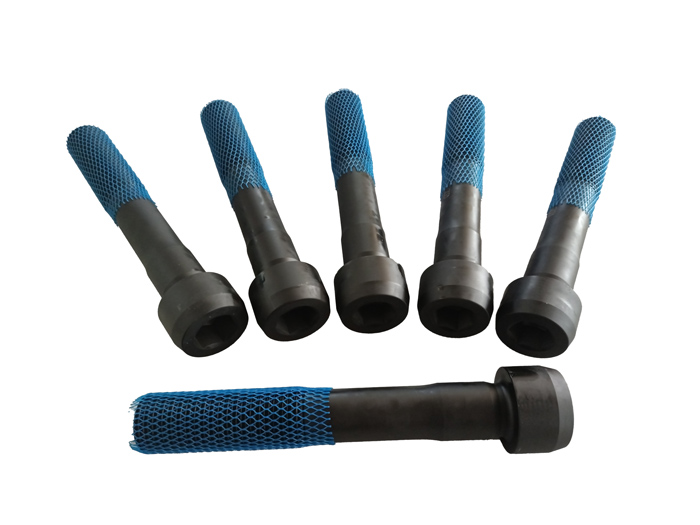There are significant differences in materials, properties, and applications between high-strength bolts and ordinary bolts. High strength bolts are usually made of high-strength steel, which has higher tensile and compressive strength and can withstand greater loads and torques. Ordinary bolts are generally made of ordinary carbon steel or stainless steel materials, with relatively low strength, and are suitable for general fixing and connecting operations.

In terms of use, high-strength bolts are usually used in engineering fields with high safety requirements, such as bridges, building structures, railways, aerospace, etc., to ensure the firmness and stability of connectors. Ordinary bolts, on the other hand, are mainly used in general construction, mechanical equipment, automobiles, and other fields to withstand smaller loads and torques.
In addition, the manufacturing process and quality control requirements for high-strength bolts are higher, usually requiring strict testing and certification to ensure that the quality and performance of the product meet relevant standards. In contrast, the production process of ordinary bolts is relatively simple and the quality standards are also lower.
Overall, high-strength bolts have higher mechanical and safety properties compared to ordinary bolts, with a wider range of applications, but their prices are also relatively higher. When choosing to use, it is necessary to make reasonable choices based on actual needs and engineering requirements.
